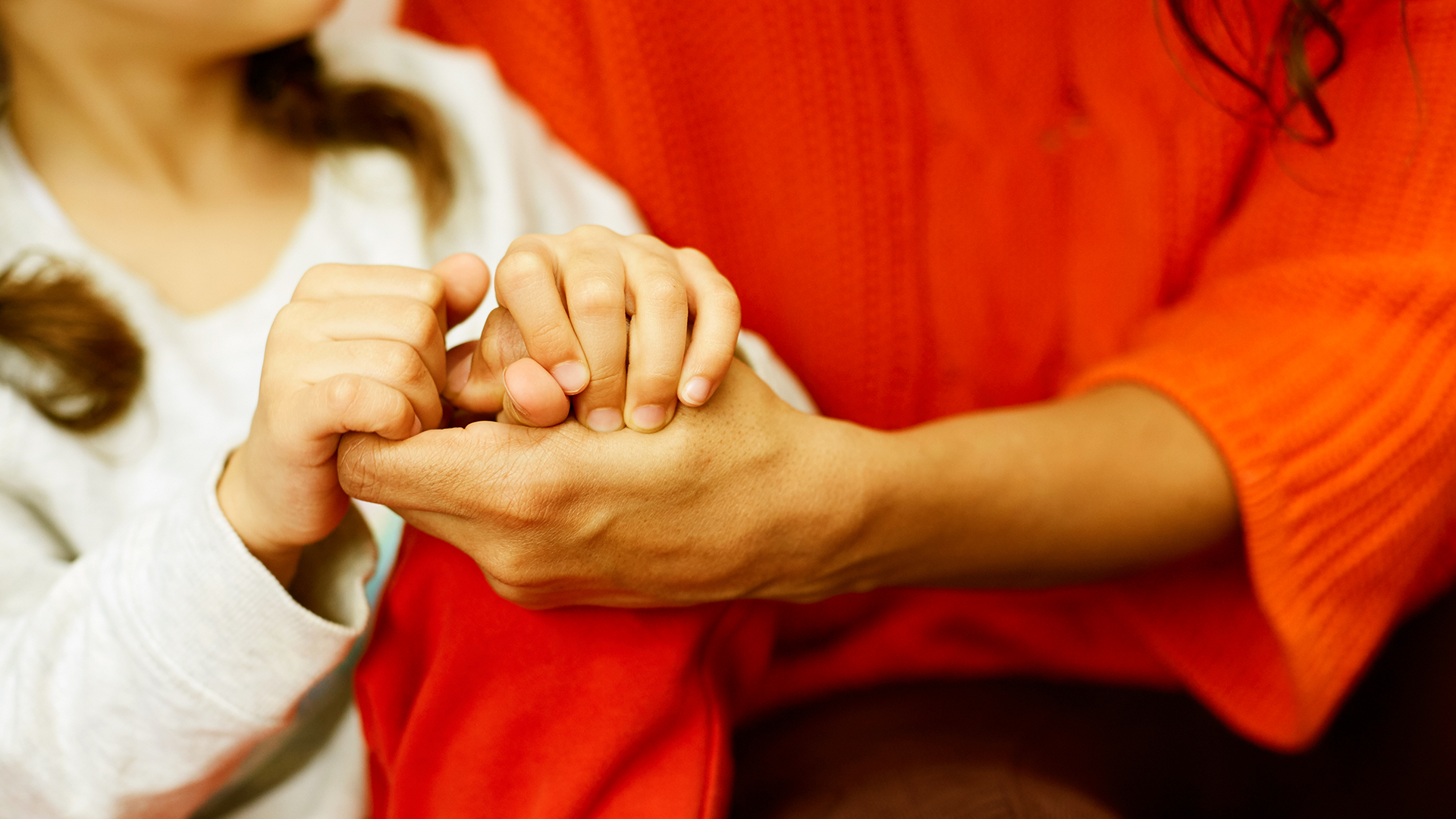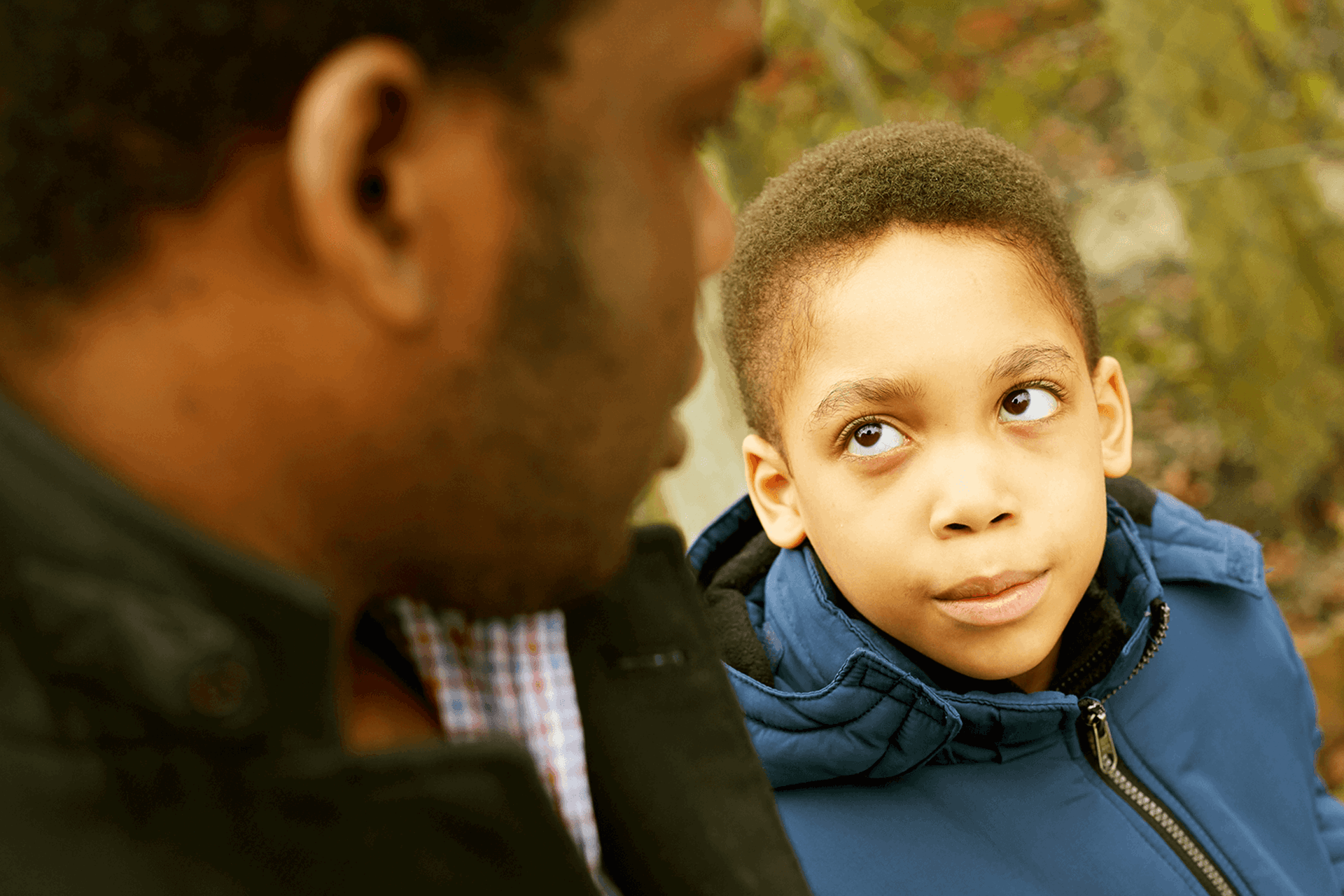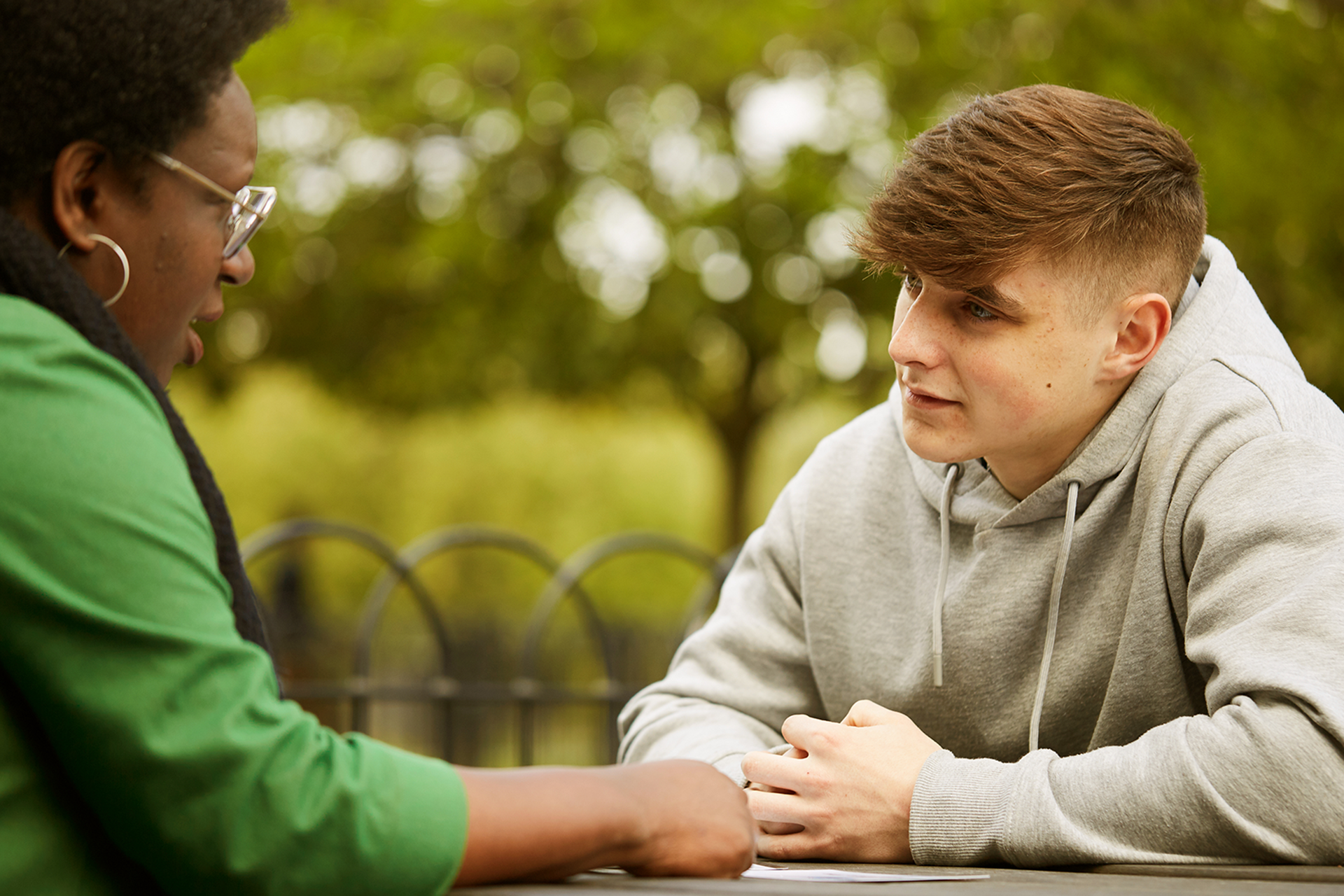Topics mentioned: Southport violence, racism and discrimination, talking to your child about mental health
About: Our Parents Helpline experts offer guidance and advice on how to support your child or young person during this difficult time of widespread racial violence in the UK.
Over the last few weeks, mass violence and racial attacks have broken out across the UK, with Muslim, Black, Racialised and Asylum Seeking communities being specifically targeted. The violence came after a distressing event in Southport, where 3 young girls, Bebe King, Elsie Dot Stancombe, and Alice Dasilva Aguiar, were killed and several other children left critical after a knife attack. Lots of people across the country are living in a state of fear, feeling threatened and have been directly harmed by what has taken place. Many people are scared to leave their homes, connect with their communities at places of Worship and feel unable to carry on with their daily lives, such as taking public transport.
Your child may be experiencing a range of different emotions in response to these events. Some young people will be directly impacted, especially if violence has broken out in their local area or they belong to a community who is being targeted, for example the Muslim community.
Other young people will be distressed from what they have seen or heard. They may feel upset, anxious, frustrated or scared. It is important to let them know that whatever they feel is valid, and that you are there for them no matter what.
How to support your child
Try not to shield your child completely from what is going on, since they are likely to hear about it through friends, family, TV, radio, or social media. This may feel difficult as our gut instinct is to protect at all costs, however it is important that they are aware of what’s happening and able to receive accurate, age-appropriate information from you. It’s important to talk about what is going on and spend time listening to any worries or concerns they may have.
Share the good things that have happened to overcome the attacks – it is important to show your child how communities have come together in response to the violence that has taken place. This can help your child to feel hopeful that things can change in the future.
During distressing times, young people can find it helpful to be part of doing something good. They might want to help raise money, come together in community spaces, or reach out and support friends. Encourage them to think about the ways in which they can support their own community – though you should also think about how to do so in a way that protects their mental health and safety.
Preventing or minimising exposure to distressing content
Scenes of violence across the UK are incredibly distressing and unsettling to see. Young people can sometimes find it hard to protect themselves online and may find it hard to “switch off”.
They can protect themselves by:
-
Managing notifications
Support them to turn off notifications, like breaking news alerts, if these are too overwhelming.
-
Reporting content
They can report inappropriate content online.
-
Controlling feeds
Taking control of their feeds by unfollowing accounts that are negatively impacting them.
Make your child is aware of the misinformation that is being circulated online. Harmful information about certain groups is being shared across social media and fuelling the violence that is taking place across the UK. Encourage your child to look at reputable sites and news channels to gain information on the situation, and to discuss anything that is bothering them with you. You can support your child in identifying harmful content and challenge it together.
Keeping your child safe
The events continue to change and unfold, with violence breaking out in new areas of the country. If your child is out and about, it is important they know what to do if things start to feel unsafe. Talk to your child about areas to avoid (for instance locations where protests have or are likely to take place), encourage them to keep in touch with you during the day, and plan what they can do if they need help.
If they find themselves in a situation where they need urgent help, they should not hesitate to contact 999. This is especially important during the summer holiday period when your child may have more time to meet up with friends and family members.
Useful helplines and websites
-
Muslim Youth Helpline
Provides faith and culturally sensitive support for young Muslims.
Online chat service available during opening hours.
- Opening times:
- 4pm - 10pm, 365 days a year
-
Stop Hate UK
A confidential and independent helpline for anyone experiencing Hate Crime and discrimination. You can use the helpline to report incidents and get help and support. The helpline is open 24/7 and is reachable by phone, text or email.
Please note that this service is only available in some parts of the UK. Please use their form to check whether you can use the helpline in your area.
-
Black Minds Matter
Connects Black individuals and families with free professional mental health services across the UK.
More information and advice
Spread the word



